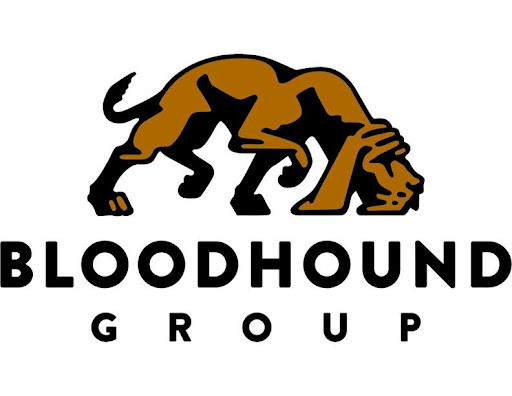The Bloodhound Group Is Breaking The Cycle Of Ineffective Marketing Spending Through Its Partnership With Promosapiens

Marketing budgets have ballooned, and creative teams are working harder than ever to promote brands. And yet, results often fall flat. But why? That's the question Jim Cobb and his team at The Bloodhound Group (BHG), a brand consultancy firm, have been asking for decades. And it's also the reason behind their strategic partnership with Dalibor (Dado) Šumiga and his Zagreb-based behavioral marketing firm, Promosapiens.
The problem isn't creativity. It's a failure to understand how people actually make decisions. More than ninety percent of purchasing decisions are made emotionally, not rationally. Cobb, a longtime advocate for behavioral science in branding, further states, "Most marketing teams are focused on conscious decision-making frameworks. But that's not how we behave in the real world."
BHG, a brand strategy firm rooted in business design, sees behavioral and evolutionary psychology as essential to understanding customers. By partnering with Promosapiens, they're helping CMOs and CEOs finally bridge the gap between human behavior and marketing performance.
In today's fragmented media landscape, marketers face an overwhelming array of platforms and pressure. The natural response has been to spend more, push harder, and hope for the best. "The industry has been relying on vanity metrics and gut instincts for too long," says Cobb. "You get a beautifully produced ad with a multi-million dollar price tag, and zero analysis of how it actually affects the target audience on an emotional level."
Šumiga, founder of Promosapiens, states: "If you're doing the same thing over and over and expecting different results, you're wasting money." Creative teams aren't the problem, Šumiga emphasizes. It's that they're flying blind. "They're creating based on what people say they like, but self-reporting methods are highly unreliable because it's based on conscious thought. People say one thing and do another. Human behavior is predictably irrational, but only when you're able to understand unconscious motivations."
The biggest problem that plagues most campaigns: companies invest tens of thousands in testing finished creative work, only to find out it's average at best. "That's not a good business model," Cobb explains. "We want to help clients avoid that by identifying what will resonate emotionally before they waste their budget." Furthermore, as marketing grows noisier, trust in the industry is plummeting. "That's because people feel like everything is an ad thrown at them at all times," he notes.
Part of the challenge is that brands often only recognize a problem when it's physical, such as a bad store layout or poor signage. But creative issues are less tangible. You might not even realize you have a problem until after the spending is sunk. "That's why behavioral diagnostics are so powerful," says Šumiga. "You can't fix what you don't measure. And traditional tools don't measure what matters."
Through Promosapiens, BHG taps into tools that measure how people feel and behave, not just what they say. One of its tools detects unconscious reactions, which gauges brain activity between emotional and rational centers. The results are far more accurate than standard surveys or focus groups that are answered very consciously, as per Šumiga.

In physical environments, Promosapiens also uses GDPR-compliant eye-tracking and spatial analytics software to map customer movement through spaces like retail stores, airports, museums, and malls. This generates heat maps and "dwell time" insights that reveal what catches attention and what drives purchases.
Then comes the optimization phase, testing variables like lighting, scent, and sound to engineer better experiences. "It's not manipulation," Cobb confirms. "It's resonance. You're creating conditions where customers have a better, more intuitive experience, and they reward that with loyalty and conversions."
It's not just a matter of improving brand performance; it's about unlocking smarter financial decisions. "CMOs are under enormous pressure to prove ROI," explains Global Brand Strategist of BHG Ann Wilson. "But without behavioral insights, they're making bets, not strategies."

BHG connects the dots between behavior modification and financial performance. "We don't just make people feel good; we help our clients make better decisions based on deeper insight," says Cobb. In short, BHG makes data actionable. Not by piling on dashboards or chasing click-throughs, but by delivering emotionally intelligent insights that actually predict outcomes.
Ultimately, BHG's partnership with Promosapiens offers a different path, one grounded in human truth, scientific rigor, and brand empathy. Cobb states, "We need to stop assuming more exposure equals more engagement. And start asking the real question: Does this make people feel something?" Because at the end of the day, marketing starts with understanding humans better. And with behavioral science on their side, it's a bet these brands will win.
© Copyright IBTimes 2025. All rights reserved.



















